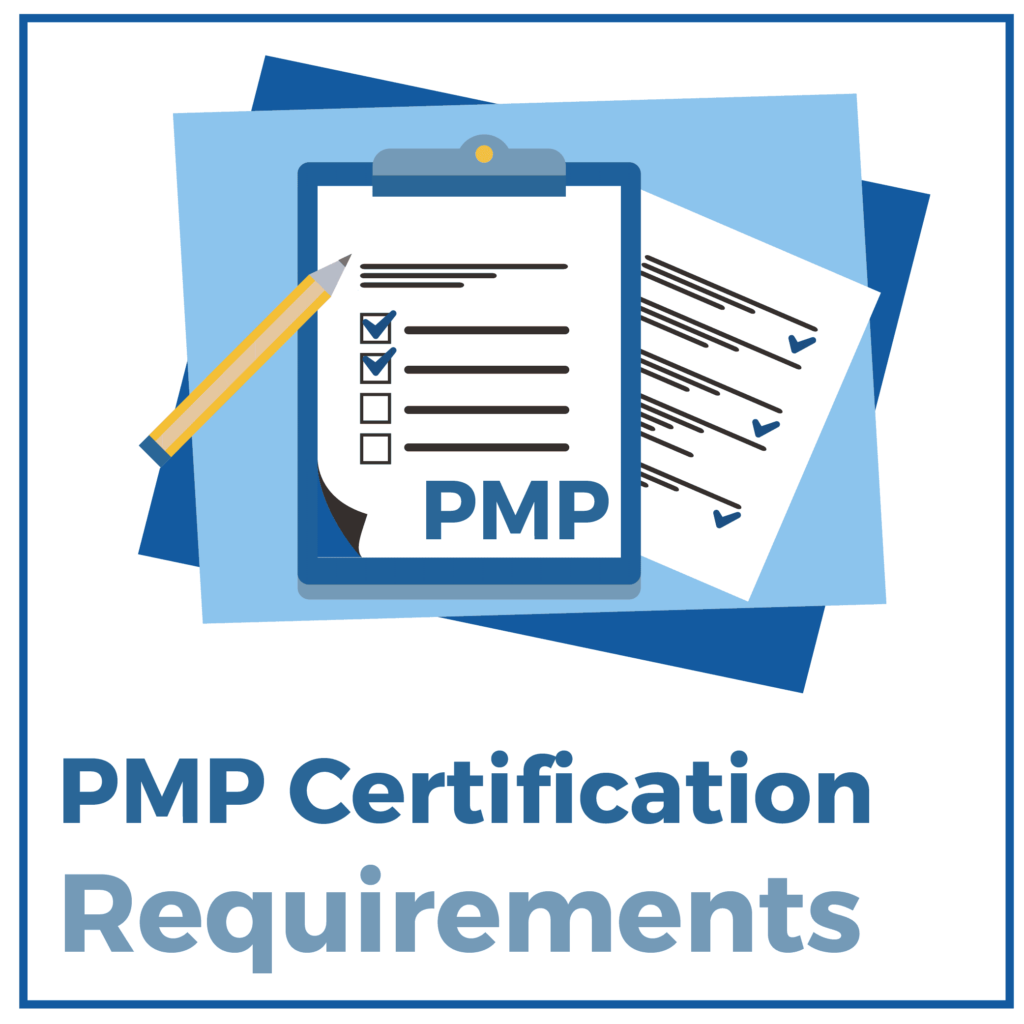In the ever-evolving landscape of project management, staying ahead of the curve is not just a desire; it’s a necessity. As projects become more complex and globally interconnected, organizations seek professionals with a proven skill set and a deep understanding of project management principles. This quest for excellence is encapsulated in the Project Management Professional (PMP) certification, a gold standard for project managers worldwide.
Earning a PMP certification not only validates your expertise but opens the door to countless career opportunities. The journey toward achieving this esteemed certification demands rigorous preparation, a comprehensive grasp of project management intricacies, and strategic planning for success. This is where the importance of a PMP preparation course comes to the forefront.
The PMP certification, issued by the Project Management Institute (PMI), stands as a testament to an individual’s proficiency in leading and directing projects. Recognized globally, it is a sought-after validation of a project manager’s competence, skill, and ability to navigate diverse project scenarios.
PMP certification has become a badge of honor, signaling to employers and colleagues that an individual possesses the skills and knowledge required to drive projects to successful completion.
Understanding the PMP Certification

Source: digitalschoolofmarketing.co.za
Overview of the PMP Exam
The exam is designed to assess an individual’s comprehension and application of project management concepts in real-world scenarios.
It is structured around the five process groups: Initiating, Planning, Executing, Monitoring and Controlling, and Closing. Within these groups are ten knowledge areas, covering a broad spectrum of project management disciplines, including scope, time, cost, quality, human resources, communications, risk, procurement, stakeholder management, and integration.
The exam consists of multiple-choice questions, situational analysis scenarios, and questions that assess not only factual knowledge but also the ability to analyze situations and make informed decisions. It demands a strategic approach, time management skills, and a deep comprehension of project management principles as outlined in the PMBOK Guide.
Eligibility Requirements for PMP Certification
Candidates must meet specific eligibility criteria set by (PMI). These criteria ensure that PMP candidates possess the necessary educational background and professional experience to tackle the challenges inherent in the certification process.
1. Educational Background:
– A four-year degree (bachelor’s or the global equivalent) is a prerequisite for PMP certification. This requirement underscores the importance of academic qualifications in providing a foundational understanding of project management principles.
2. Professional Experience:
– Candidates must demonstrate substantial hands-on experience in leading and directing projects. The experience requirements vary based on the candidate’s educational background.
– For candidates with a bachelor’s degree or equivalent, a minimum of three years (36 months) of project management experience is required.
– For candidates without a bachelor’s degree, a higher threshold of five years (60 months) of project management experience is necessary.
3. Project Management Education:
– In addition to practical experience, candidates are required to complete 35 contact hours of formal education in project management. This requirement emphasizes the importance of formal training in complementing hands-on experience.
Benefits of Earning a PMP Certification

Source: crushthepmexam.com
This section explores why investing time, effort, and resources into earning a PMP certification can be a game-changer for individuals aspiring to advance their careers in project management.
1. Global Recognition:
– The PMP certification is recognized and respected worldwide. It serves as a testament to a project manager’s commitment to excellence and adherence to global standards in project management. This global recognition enhances professional credibility on an international scale.
2. Career Advancement:
– PMP certification is often a prerequisite for senior roles in project management. It opens doors to career advancement opportunities, allowing certified professionals to take on more challenging and strategic projects. Many organizations prioritize PMP-certified individuals for leadership positions, making it a valuable asset for career progression.
3. Increased Earning Potential:
– PMP certification is linked to higher earning potential. Certified project managers often command higher salaries than their non-certified counterparts. The investment in a PMP preparation course, therefore, becomes a strategic move toward reaping long-term financial benefits.
4. Professional Network Expansion:
– Joining the ranks of PMP-certified professionals provides access to a vast and influential network. Engaging with this community offers opportunities for collaboration, knowledge-sharing, and professional development.
Challenges of the PMP Exam

Source: zoctech.com
Complexity of Exam Questions
The exam is designed to assess not only the candidate’s knowledge of project management concepts but also their ability to apply this knowledge in real-world scenarios.
1. Situational Analysis:
– A portion of the exam consists of situational analysis questions. Candidates are presented with hypothetical scenarios, and they must apply their knowledge to determine the best course of action.
2. Application of PMBOK Guide:
– The exam is based on the PMBOK Guide, a comprehensive framework that outlines best practices in project management. While theoretical knowledge is essential, the exam emphasizes the practical application of these concepts. This requires candidates to go beyond rote memorization and apply their understanding to solve intricate problems.
3. Critical Thinking Skills:
– Candidates must analyze situations, identify potential risks, and make informed decisions. This level of cognitive engagement makes the exam a challenging but rewarding assessment of a candidate’s project management ability.
Need for Comprehensive Understanding of Project Management Concepts
Beyond the intricate nature of the questions, another challenge of the exam lies in the requirement for a comprehensive understanding of project management concepts. The exam covers ten knowledge areas, each delving into specific aspects of project management.
1. Interconnected Knowledge Areas:
– The PMP exam evaluates candidates on their proficiency in ten interconnected knowledge areas, including scope, time, cost, quality, human resources, communications, risk, procurement, stakeholder management, and integration. Mastery of these areas is essential, as projects rarely unfold in isolation; they are dynamic and interconnected, requiring project managers to navigate the interplay of these domains effectively.
2. Integration of Processes:
– Project management is a dynamic and iterative process. The exam assesses a candidate’s ability to integrate processes across the project life cycle. This integration is crucial for successful project execution.
3. Adaptability to Varied Scenarios:
-The exam mirrors diversity. Candidates must be adaptable and capable of applying their knowledge to various contexts, reflecting the versatility demanded in real-world project management.
Advantages of Taking a PMP Preparation Course

Source: blog.masterofproject.com
Enrolling in a PMP preparation course offers a structured learning environment crucial for mastering project management concepts.
1. Curriculum Alignment:
– Courses align with PMP exam content, focusing on key knowledge areas and process groups outlined in the PMBOK Guide.
2. Sequential Modules:
– Organized into sequential learning modules, courses guide candidates through a logical progression of project management concepts, ensuring a step-by-step understanding.
3. Expert Guidance:
– Led by certified PMP instructors with real-world experience, courses provide practical insights, examples, and tips beyond theoretical aspects.
4. Interactive Learning:
– Incorporating group discussions and hands-on exercises, courses enhance engagement, allowing candidates to apply theoretical knowledge to practical scenarios.
5. Progress Tracking:
– Courses include clear milestones and progress tracking, enabling candidates to monitor their advancement, identify focus areas, and gauge overall exam preparedness.
In conclusion, the decision to enrol in a PMP preparation course proves to be a strategic investment for individuals aspiring to attain Project Management Professional certification. These courses offer a structured and comprehensive approach to mastering project management concepts, aligning with exam content and providing expert guidance.
The interactive learning environment, coupled with practical application and progress tracking, enhances the overall preparation experience. Aspiring project managers are encouraged to embark on this journey, as the benefits extend beyond exam success, encompassing career advancement and industry recognition. Taking a PMP preparation course not only equips individuals for the certification process but also positions them for success in the dynamic and competitive field of project management.



